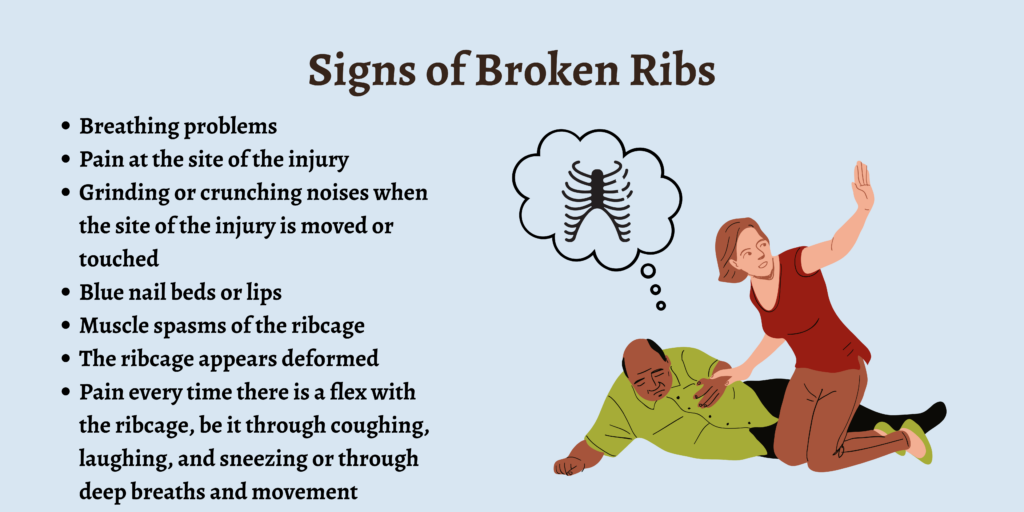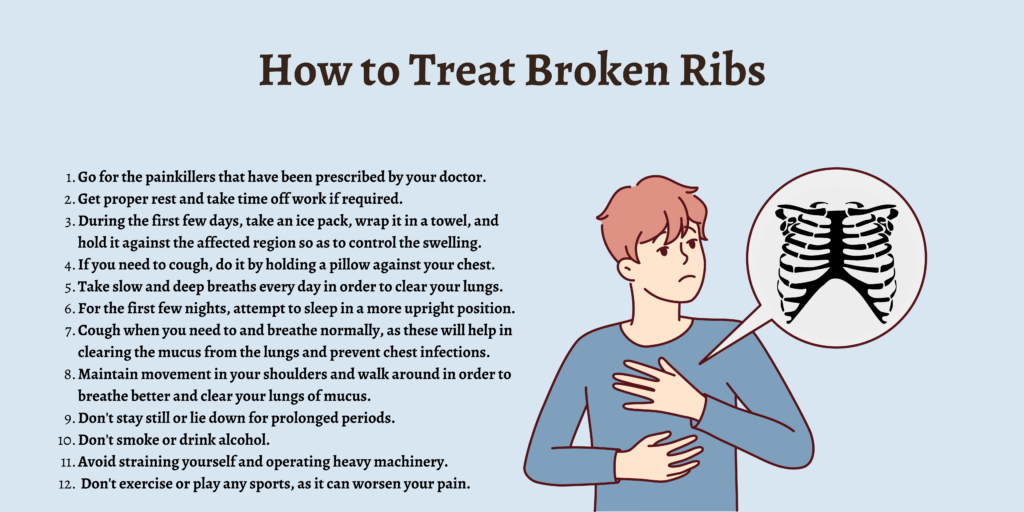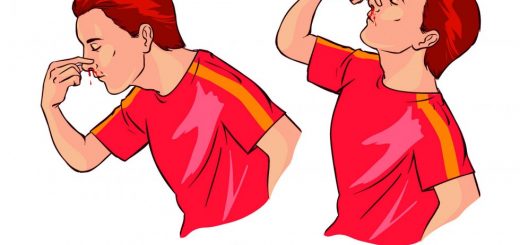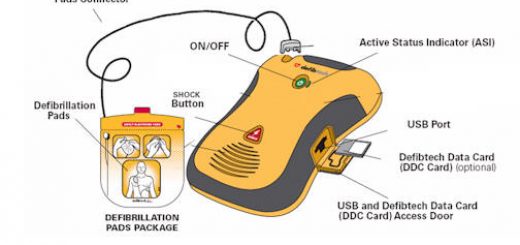First Aid for Broken Ribs: Essential Tips and 12 Steps
Research suggests that about 30% of people who witness trauma to their chest end up breaking at least one rib.
Broken ribs, which are also referred to as rib fractures, are usually caused due to sports injuries, car accidents, and other traumas. Ribs can also get broken or fractured for causes that don’t involve trauma.
A human being’s ribcage is made up of 12 pairs of ribs, which help protect the heart and lungs while also supporting several of the muscles in a person’s upper body. Therefore, when a person breaks a rib, it can become difficult for them to perform daily activities.
Due to the position of the ribs in the human body, rib fractures are usually left to be healed on their own. I believe that knowing how to deal with broken ribs can enable you to help others if they ever experience such an incident.
Do you know what are the various ways in which you can have your ribs broken? If you wish to learn about it, we’re here to help you out with that information and more.
In this article, we will be discussing the signs and causes of broken ribs, how to treat them, how to prevent them, and the complications associated with rib fractures.
Signs of Broken Ribs

The signs and symptoms of broken ribs are associated with the severity and type of the injury. These can include:
- Breathing problems
- Pain at the site of the injury
- Grinding or crunching noises when the site of the injury is moved or touched
- Blue nail beds or lips
- Muscle spasms of the ribcage
- The ribcage appears deformed
- Pain every time there is a flex with the ribcage, be it through coughing, laughing, and sneezing or through deep breaths and movement
Causes of Broken Ribs
Broken ribs are caused whenever something hits a person’s chest. The common causes of rib fractures are:
- Car accidents
- Sports injuries
- Falls
- Assault
Rib fractures can also take place without the involvement of any traumatic injuries, and such causes include:
- Severe coughs
- Cancers that spread to a person’s bones
- Osteoporosis
How to Diagnose Broken Ribs
Once your healthcare provider performs a physical examination, they could conduct one of the following imaging tests:
- X-ray: An X-ray shows whether a person has any rib fractures and just how damaged their bones are.
- CT scan: In case a person requires surgery, the doctor will have to check the extent to which their bones have been damaged. This can be done through a CT scan, which provides a detailed picture of the patient’s bones and the tissue that surrounds it.
- MRI or magnetic resonance imaging: In order to get a complete idea of how damaged the person’s bones and the surrounding region is, the doctor could conduct an MRI scan. This helps them understand if the organs, connective tissue, and muscles have been injured.
How to Treat Broken Ribs

Broken ribs usually heal on their own in about two to six weeks. Let’s explore the things a person can do to heal quickly and ease the pain in the process:.
- Go for the painkillers that have been prescribed by your doctor.
- Get proper rest and take time off work if required.
- During the first few days, take an ice pack, wrap it in a towel, and hold it against the affected region so as to control the swelling.
- If you need to cough, do it by holding a pillow against your chest.
- Take slow and deep breaths every day in order to clear your lungs.
- For the first few nights, attempt to sleep in a more upright position.
- Cough when you need to and breathe normally, as these will help in clearing the mucus from the lungs and prevent chest infections.
- Maintain movement in your shoulders and walk around in order to breathe better and clear your lungs of mucus.
- Don’t stay still or lie down for prolonged periods.
- Don’t smoke or drink alcohol.
- Avoid straining yourself and operating heavy machinery.
- Don’t exercise or play any sports, as it can worsen your pain.
Complications
Here are the complications related to broken ribs that you should know about:
Trouble Breathing
Breathing can often be painful when you have a fractured rib. When a person doesn’t breathe properly in this state, it could increase their chances of developing pneumonia. Broken ribs can also cause pneumothorax or a collapsed lung.
Organ Damage
Since rib fractures usually occur as a result of trauma, there are other injuries involved as well. Therefore, fractured ribs can often lead to major damage to your body. The ribs are responsible for protecting several vital organs, such as:
- Heart
- Liver
- Spleen
- Kidneys
- Lungs
If the injury leads to the ribs being pushed into the body, the pieces of bone can poke holes or cut or bruise the organs.
How to Prevent Broken Ribs
Listed below are some of the ways in which you can reduce your chances of suffering from an injury that could lead to broken ribs:
- Make sure to always wear your seatbelt.
- Ensure that your home, as well as your workspace, are not cluttered so that you don’t accidentally trip on something.
- Always wear protective gear while playing sports or engaging in other athletic or adrenaline-filled activities.
- Maintain your bone health by exercising regularly and following a healthy diet.
- Make use of the right equipment and tools to reach the necessary things in your home instead of resorting to standing on countertops, tables, or chairs.
- If you are at a higher risk of falling down or you have difficulty walking, use a walker or cane.
FAQs
How long do broken ribs take to heal?
It can take at least six weeks for broken ribs to heal.
Can you walk with a broken rib?
People who break their ribs are advised to take it easy during the healing period. They can still walk around and go about their everyday activities.
What are the signs and symptoms of a rib fracture?
The signs and symptoms of a rib fracture include strong pain in the chest area, tenderness or swelling around the affected region, and occasional bruising on the skin.
What is the usual treatment for broken ribs?
If the rib fracture is simple and isolated, the treatment involves rest, ice, and the right analgesia.
How do you sleep with a broken rib?
When you have a broken rib, make sure to sleep in a manner that doesn’t put pressure on the affected side. Don’t sleep on your back, and stay away from activities that apply pressure on the chest.
Conclusion
Rib fractures can be caused by something as small as a random cough or something as major as an injury following trauma. If you experience breathing problems or chest pain, make sure to get in touch with your healthcare provider right away.
While you’re visiting a doctor, remember to ask them about how to keep your bones healthy and strong. For the ones who are older than 50 or have a family history of osteoporosis, it’s also vital to get regular bone density screenings done.





